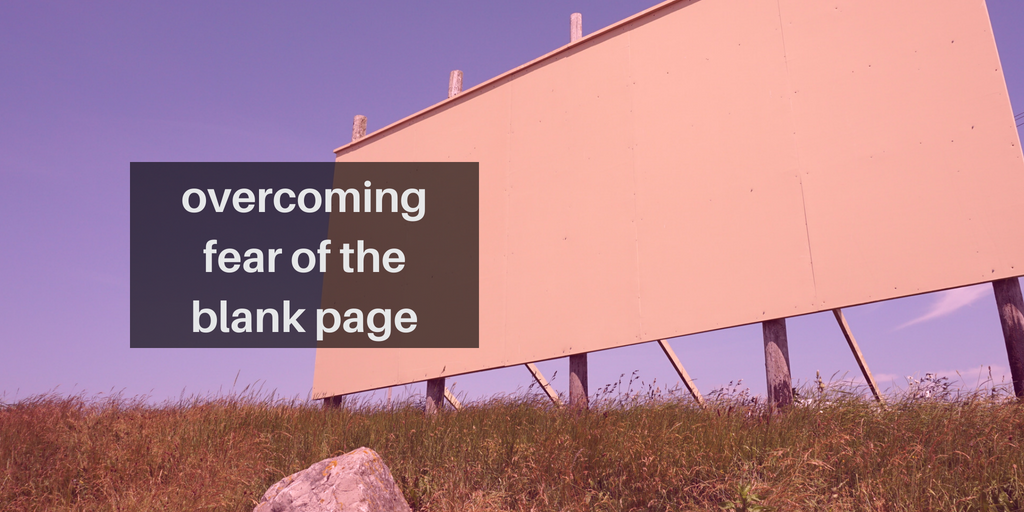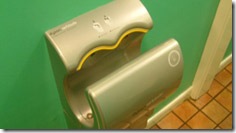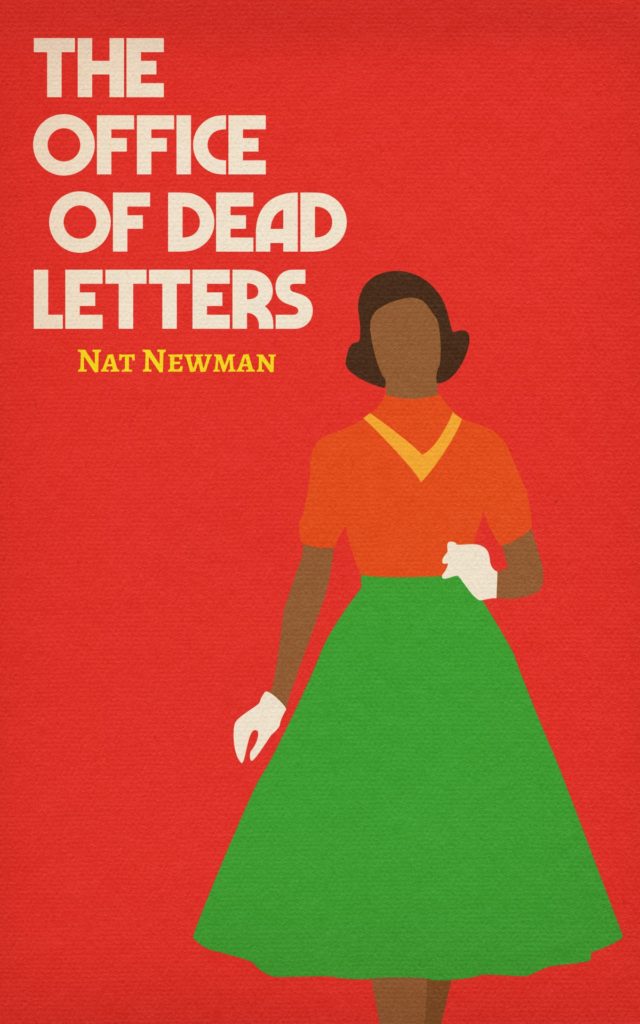I recently did a study of female toilet users in pubs, trying to get an idea of what women like and don’t like about public toilets. I was surprised that one of the things that came out top of the list was hand dryers – most women prefer hand towels. Dryers often don’t work, take too long, and only one person at a time can use them, meaning that most people just dry their hands on their trousers. Dyson New Zealand has possibly addressed some of these problems; they unveiled the Dyson Airblade this week at Auckland airport.
Dyson claims the dryer (or is it drier?) is the “fastest, most hygienic hand dryer”. It works by blasting a “high speed sheet of air, which gently squeegees your hands dry”. That sounds kinda sexy. You can see it in all its sexiness at their very sexy website. It took the engineers an incredible 3 years to develop this next step in hand-drying technology. The Airblade was actually released in 2006 but I’m unsure how high the uptake has been. It’s certainly the first time I’ve heard of it.
Ho Chi Minh City’s attempts to “work towards a civilized urban lifestyle” have been hindered by a lack of suitable sites for public toilets. Residents are concerned about having toilets built in front of their houses – but presumably they don’t mind if people urinate in the gutter. The stigma attached to public toilets needs to be mollified by designing buildings that aesthetically complement the districts – but with only a month to build them, I’m not sure if that’ll be possible.
No such problems finding sites for toilets in Pune, India – they’ve installed 110 toilets in their homes. Friends of Shelter Associates (USA) has constructed toilets for sex workers, people with disabilities and those living below the poverty line. Another fabulous NGO doing great work in this International Year of Sanitation.
It’s not very often that I wished I lived in Canada – but OH MY GOD they have a toilet festival! Organised by Oxfam, the festival aims to raise awareness about water and sanitation issues in developing countries.
I do however very often wish that I lived in the UK because it’s the only place in the world where you could hold a From Looe for a Loo challenge. Bob and Chris May cycled 300 miles from Loo to Dymock to raise £1500 for a toilet at St Mary’s church.
Toilet blog Where’s the Toilet? has given an incredible 9 out of 10 to the toilets at Raffles Beach Singapore. This is a much pleasanter story about toilets than one usually hears about Singapore.
And finally tonight, a German toilet collector (that is, a German who is a toilet collector, not a collector of German toilets) spent £1,800 pounds for a rare toilet – only to discover that he had purchased a tiny replica. What do you do with a collection of toilets? Maybe you open a toilet museum. No, too obvious. How about a toilet restaurant?
(I never thought I’d add ‘food’ as a category on The Bog Logger).
And that is, folks, The Bog Logger signing off on this gorgeous half-way-through-the-Olympics Friday.





4 Responses
I hope I never need to add ‘bog’ as a topic on W&F! Btw, Macq advocates dryer as the noun and drier as the adjective.
Do you know anything about the comparative impact of dryers vs paper towel, both in terms of environment and hygiene?
Thanks for the English tip. That definitely makes sense.
A lifecycle assessment carried out by Environmental Resources Management (for Airdri) in 2001 found that overall hand dryers are more efficient than paper towels.
The LCA used a cradle-to-grave assessment of the environmental impact of the two methods, based on the assumption of a 30 second air dry and 2 paper towels per use. It also assumes a 5 year life cycle for air dryers which I find a bit generous.
“The drier (sic) system performs better than the average paper towel systems with the exception of resource depletion (all the paper towel systems perform better).”
The paper towels lost considerable green points because of the production of the paper and of bin liners and in the disposal of used towels. This could certainly be affected if (1) people used only one towel and (2) paper towels could be recycled.
You can read a great summary of the report at TreeHugger http://www.treehugger.com/files/2007/05/lca_handdryer_papertowels.php
As to hygiene, I think the jury’s still out. Some say dryers, some say towels. I say pants.
Thanks for the link; that report summary had just the kind of info I’ve been curious about. I’m certainly more interested in an environmental comparison between the two, rather than a hygiene-related one. I remember someone saying once that blow-drying heats your moist hands to a perfect temperature for bacteria to thrive. That’s not why I eschew hand-dryers: like you I figure I have sufficient, environmentally-neutral dryers on my person. Pants, hair or scarf normally does the trick.
I’ve run into those Dyson “airblade” hand dryers in a number of European airports over the last year or so. They’re absolutely fantastic, and fun to use!!